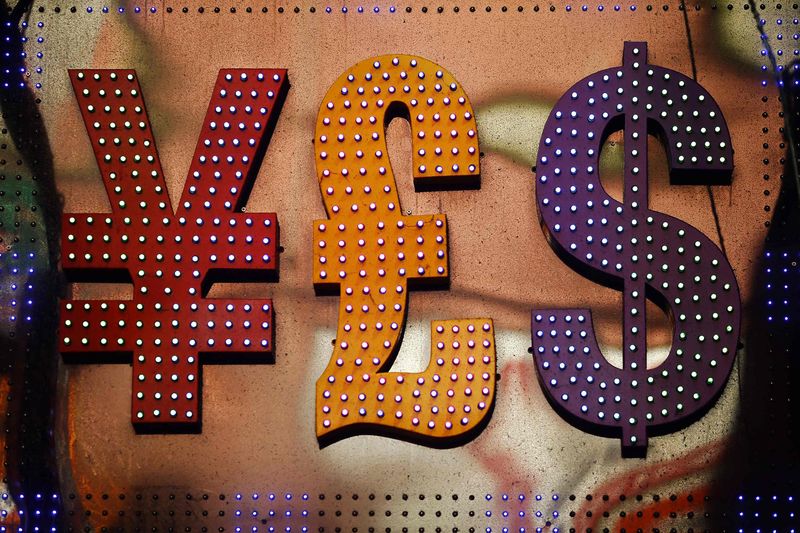Street Calls of the Week
(Recasts, changes byline, dateline; previous LONDON)
* Euro losses limited after initial dip below $1.10
* Resignation of Greek finance minister a positive for Greece
By Gertrude Chavez-Dreyfuss
NEW YORK, July 6 (Reuters) - The euro tumbled across the board on Monday, but was off the lows of the day, after Greece voted to reject the conditions tied to the troubled country's debt bailout deal.
The single euro zone currency dropped to a one-week low against the dollar below $1.10, and skidded to a six-week trough versus the yen immediately following the "No" outcome. Selling was also seen in other higher-yielding currencies such as the Australian dollar and emerging market currencies.
The euro, however, has since stabilized in both the London and New York sessions.
"The Greek government signaled willingness to cooperate in words and action. This reduces the risk of a Greek default or euro exit," said Patrik Säfvenblad, deputy chief investment officer at Harmonic Capital in London, with $1.2 billion in assets under management.
"As a result, the currency markets saw a modest risk-off move."
The vote leaves Greece in uncharted waters, however, risking a banking collapse that could force it out of the euro. Without more emergency funding from the European Central Bank, Greece's banks could run out of cash within days. ID:nL8N0ZL017
In mid-morning New York trading, the euro was down 0.6 percent at $1.1042 EUR= , after falling to a one-week low at $1.0970. Against the yen, the euro fell 0.5 percent to 135.45 yen EURJPY= .
The euro was also down 0.4 percent versus sterling at 70.94 pence EURGBP= .
Analysts said the resignation of Greek Finance Minister Yanis Varoufakis was positive news for Greece, removing an obstacle to any deal with the country's creditors. ID:nL8N0ZM1S9 The move prompted a comeback in the euro.
"The euro is coming back following the initial post-referendum drop, but this belies vulnerability in days ahead," said Josh O'Byrne, currency strategist at CitiFX, in London.
SWISS INTERVENTION?
The safe-haven Swiss franc was flat against the euro EURCHF= , prompting talk among dealers of renewed intervention by the Swiss National Bank.
The SNB, which confirmed last week it had been intervening to weaken the franc, as per its normal procedure declined to comment on Monday's speculation. ID:nL8N0ZM0T0
"This is going to be extremely messy, most divorces are," Stephen Jen, a partner at macroeconomics-focused hedge fund SLJ Macro Partners, said of the Greece situation.
"But if you plot Iceland and Ireland on a GDP chart over the past few years, you can't distinguish them. When we think about Greece, we do need to keep in mind that there are different paths to recovery."
